"Not all small publishers are created equal."
--- Shahid Mohammed, Arc Manor Publishers
The cost of entry for small press publishing has dropped, with the advent of e-publishing and print-on-demand physical publishing. Mohammed points out that anyone can now decide to become a small press publisher, and authors need to educate themselves on the differences.
- Read previous publications: How is the quality of the cover art? Does the publisher's website look professional? Has the book been well edited?
- Check the contract: Mohammed says to avoid any publisher that wants money from the author up front, or that expects the author to purchase a certain number of books. (*See note below.)
- Compare artistic styles: Does the publisher's vision for your book match your own? For example, will it be designed and marketed for young adults? as sword-and-sorcery fantasy? as supernatural romance? Will the cover art communicate the branding you want? Are readers of the publisher's other books the audience for yours?
- Decide whether you want physical books: Several small presses now no longer automatically contract with printers for physical books, as the cost of producing them has risen and profit margins fallen. Todd McCoy of Hydra House said that his press doesn't produce physical books, and Fairwood Press indicated that they were considering going to ebook-only publishing, as well.
- Ask about bookstore presence: Most of the small presses at this event do not place books in bookstores. Some small presses will list new titles on Ingram, which can at least make bookstores aware of your book. Ask whether the publisher provides an ISBN for your book, which makes it easier for bookstores to order. I'll talk in another post about how to get your own books into bookstores.
- Ask about marketing: Patrick Sweeny of Fairwood Press said that in his opinion, print ads didn't offer sufficient return on the investment, and his press no longer places ads in trade publications. Matt Winkelmann of Three Ravens Books told me that his press offers marketing support by shipping copies of books and limited swag items (bookmarks, for example) to authors who have set up and paid their own way to promotional events. Some small presses offer authors access to the publication's website for blogging. A few arrange book tours and signings. Generally, the burden of marketing falls on the author (as it does for midlist Big Pub authors, as well).
- Find out what happens if you book does unexpectedly well: Ironically, a book that sells unusually well can be a problem for a small press, with its limited ability to fulfill orders for physical books. If this happens, many small presses will try to sell mass market paperback rights to a larger publisher. You need to make sure that your contract reverts these rights to you, and that you understand how the publisher will handle a title that sells unexpectedly well.
Small presses can offer an author many advantages, not least of which is greater experience in the professional preparation and presentation of a book. But there are as many kinds of small presses are there are big publishers, and not all are right for every author, or every book. If you decide to publish through a small press, do some research before you sign a contract.
*NOTE: NorWesCon is a science fiction and fantasy genre convention, and the small presses represented there specialize in genre publishing. Small presses in other genres, particularly nonfiction, academic publishing, and poetry, have different practices, and your expectations from them should be different. For more information about poetry publishers and university presses, I recommend you ask Amanda Rachelle Warren.

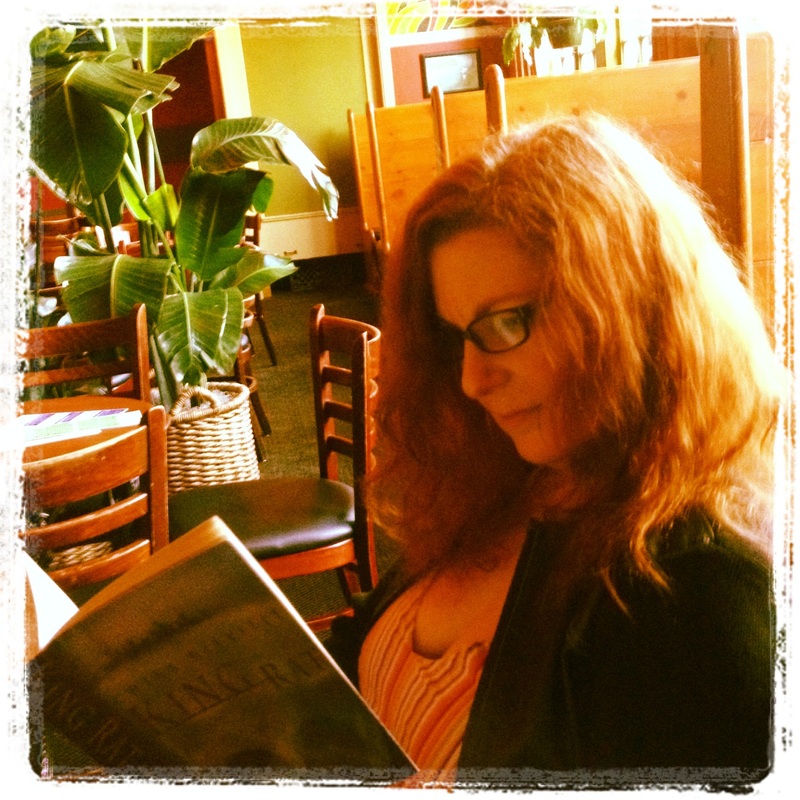
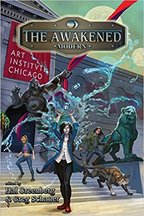
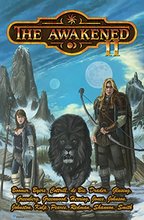
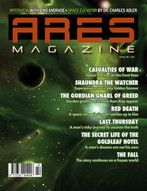
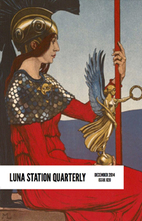
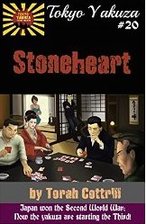

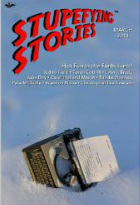
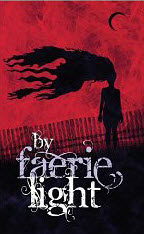
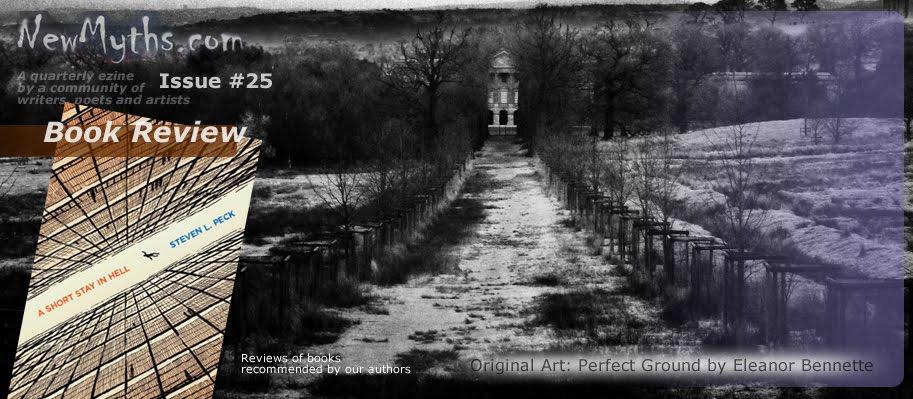

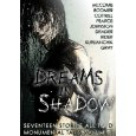


 RSS Feed
RSS Feed
